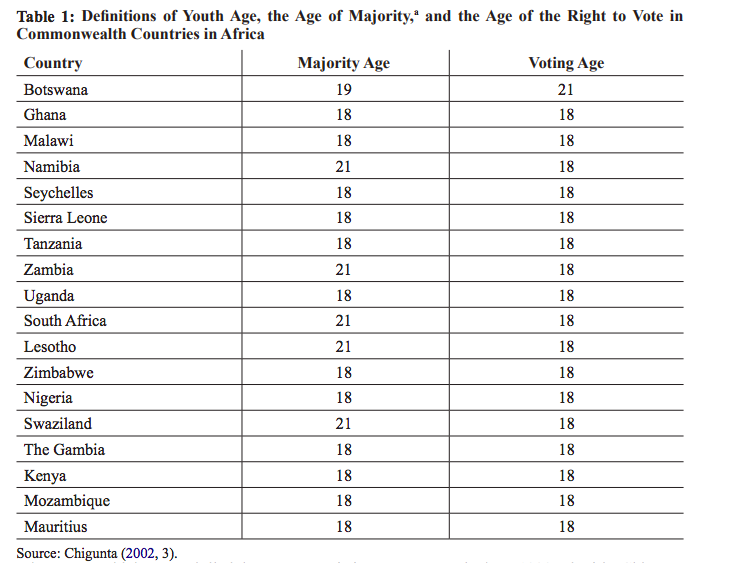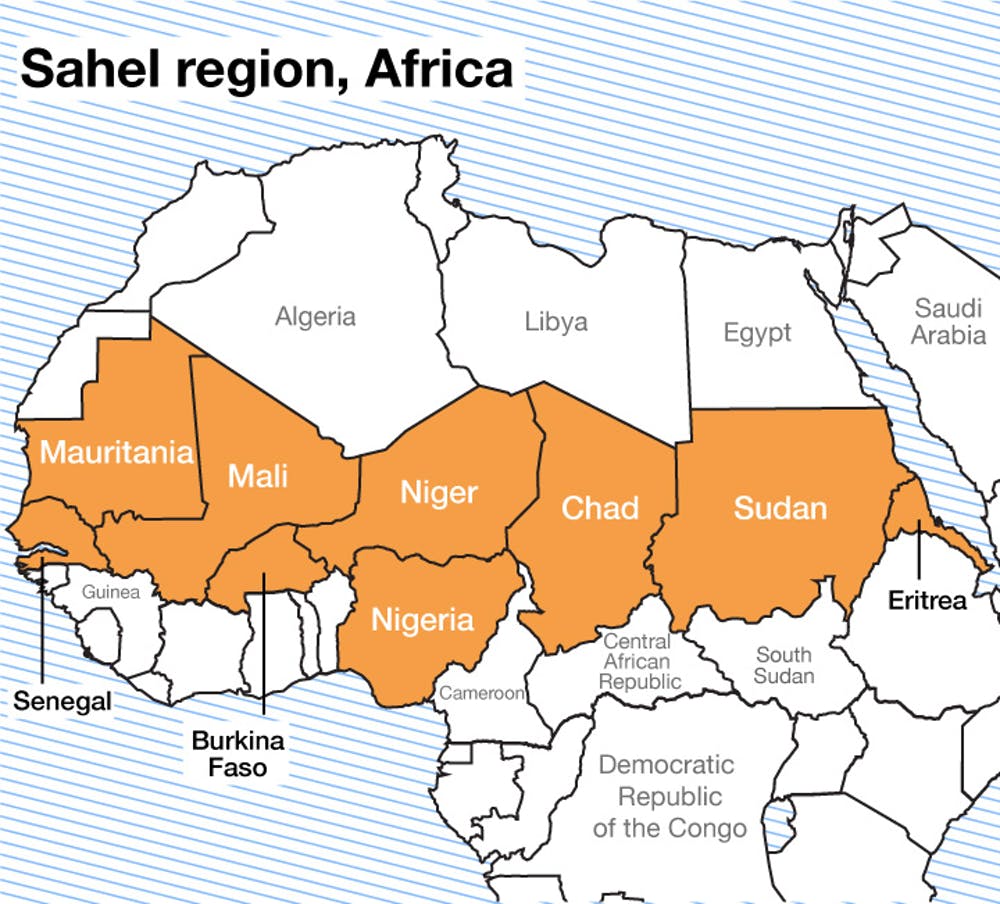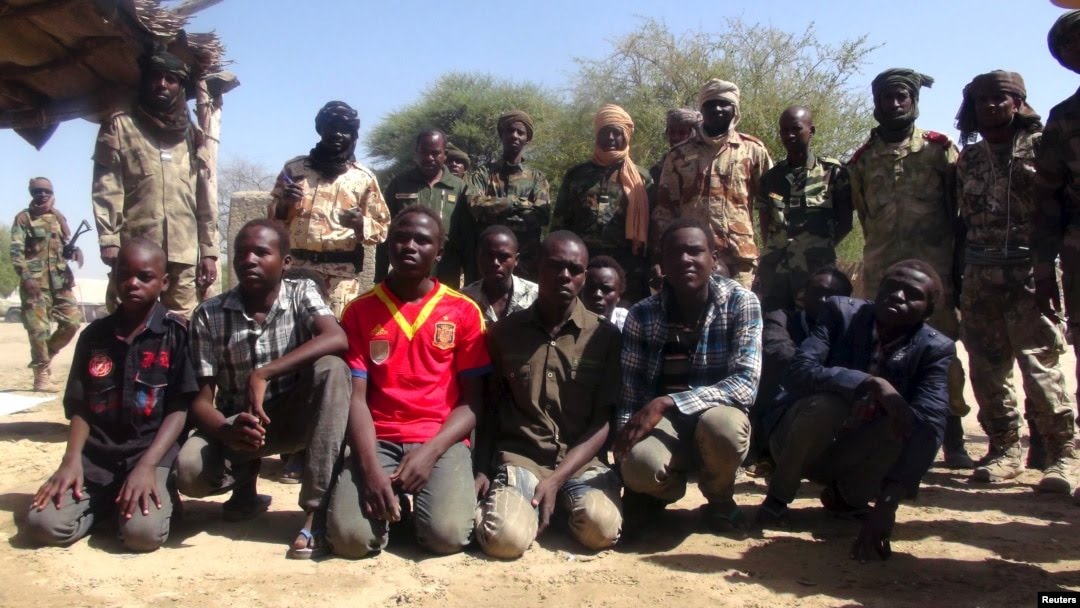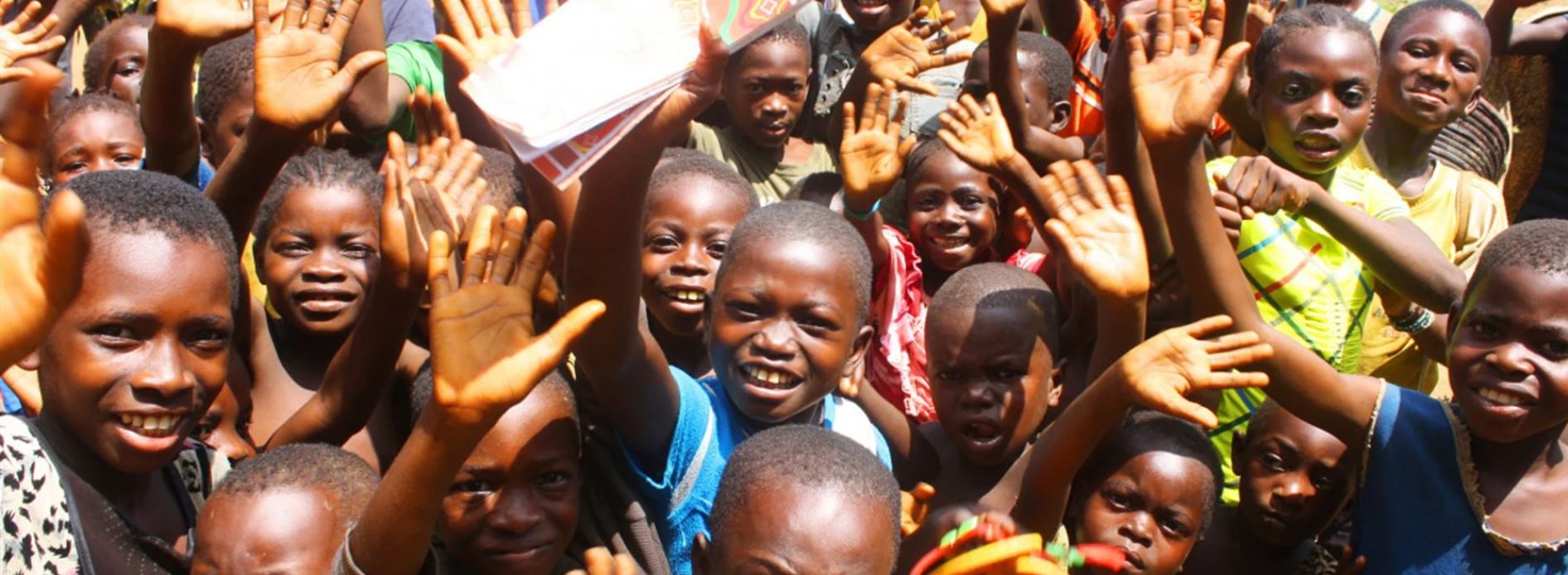Youth as Tactical Agents of Peacebuilding and Development in the Sahel
By Gilda R. and Mathijs C.
Agbiboa introduces his paper by emphasizing young people’s exclusion from decision-making in virtually all African societies and links such exclusion to rampant economic and political instability in the Sahel. Additionally, the scholar calls attention to lacking recognition of the youth’s agency in the field of youth studies, and that such narrative has impacted how young people perceive (and are perceived by) society.
In the second section of his paper, Agbiboa provides a qualitative and quantitative study of who is considered “youth” in various African countries. In order to provide an accurate description of who is considered “youth”, the author takes into account several factors: cultural background, gender, majority age, and voting age.

In the analysis section of his paper, Agbiboa conducts two case studies on youth participation and peacebuilding in Northern Nigeria and Mali. Both case studies follow a qualitative methodology and incorporate accounts from various, and mostly young stakeholders. The first case study explores youth counter-terrorist movements in Northern Nigeria, where Boko Haram managed to establish itself as a powerful and malevolent political organization in the last decade. Agbiboa looks at various ways the Nigerian youth has been able to engage in peacebuilding, namely by conducting online campaigns or engaging in counter terrorist armed groups. The second case study looks at Northern Mali and how the youth are asserting their agency in order to promote development in the face of political, economic and social instability.

Map showing the countries that are commonly included in the geographic, climatic and cultural region of the Sahel
Agbiboa's findings
In the first case study the youth's agency is found in two crucial, yet very different roles. First, Agbiboa summarizes a few reasons why young people would choose to join Boko Haram, namely “ignorance of religious teaching”, “widespread unemployment”, illiteracy combined with difficult upbringing, and the Nigerian force’s unlawful actions that drove to radicalization in the region in general. On the other hand, many young people choose to mobilize against Boko Haram. This is mostly done by joining the state JTF (Joint Task Force) with whom they can contribute to leading counter-terrorist operations in their area. Although young people are willing to take on the role of mobilizing against the excess of violence in their region, the stigma of being violent or troublesome causes residents to raise concerns on the CJTF and keep alive the denial of youth agency.

The second case study concerns the position of youth in Northern Mali, Agbiboa introduces it by highlighting the struggle experienced by over 300.000 young Malians in finding employment annually, and how this leads to increasing poverty rates. Furthermore, the author points out that jobs are mostly found in the south of the country, notably Bamako, and are thus out of reach for young people in the north. Having a jobless youth in the north is equally a drive to join insurgencies in the region. However, Agbiboa clarifies that some young people “reject the violent options”, and tend to create opportunities for themselves in a society where options are extremely limited. Agbiboa elaborates: “The concept of ‘Systeme D’ is frequently used by young Malians to capture their response to their uneasy situation, with the ‘D’ representing debrouillardise, a French term which can be translated as the ability to successfully negotiate difficult conditions and come out successfully; in other words, a conscious effort to assess challenges and possibilities and plot scenarios conducive to the achievement of specific goals”
Thus the Malian youth, that rejects violence as an option, rather uses its creativity to develop its own opportunities.
Agbiboa concludes his two case studies by emphasizing that the African youth is making efforts in playing a positive and active role in local communities, efforts that are yet to be widely acknowledged. As Oliver Tambo puts it :
"A nation that does not take care of its youth has no future, nor does it deserve one". (cited in Dlamini 2012)
References: Agbiboa, Daniel Egiegba. "Youth as tactical agents of peacebuilding and development in the Sahel." Journal of Peacebuilding & Development 10.3 (2015): 30-45.


